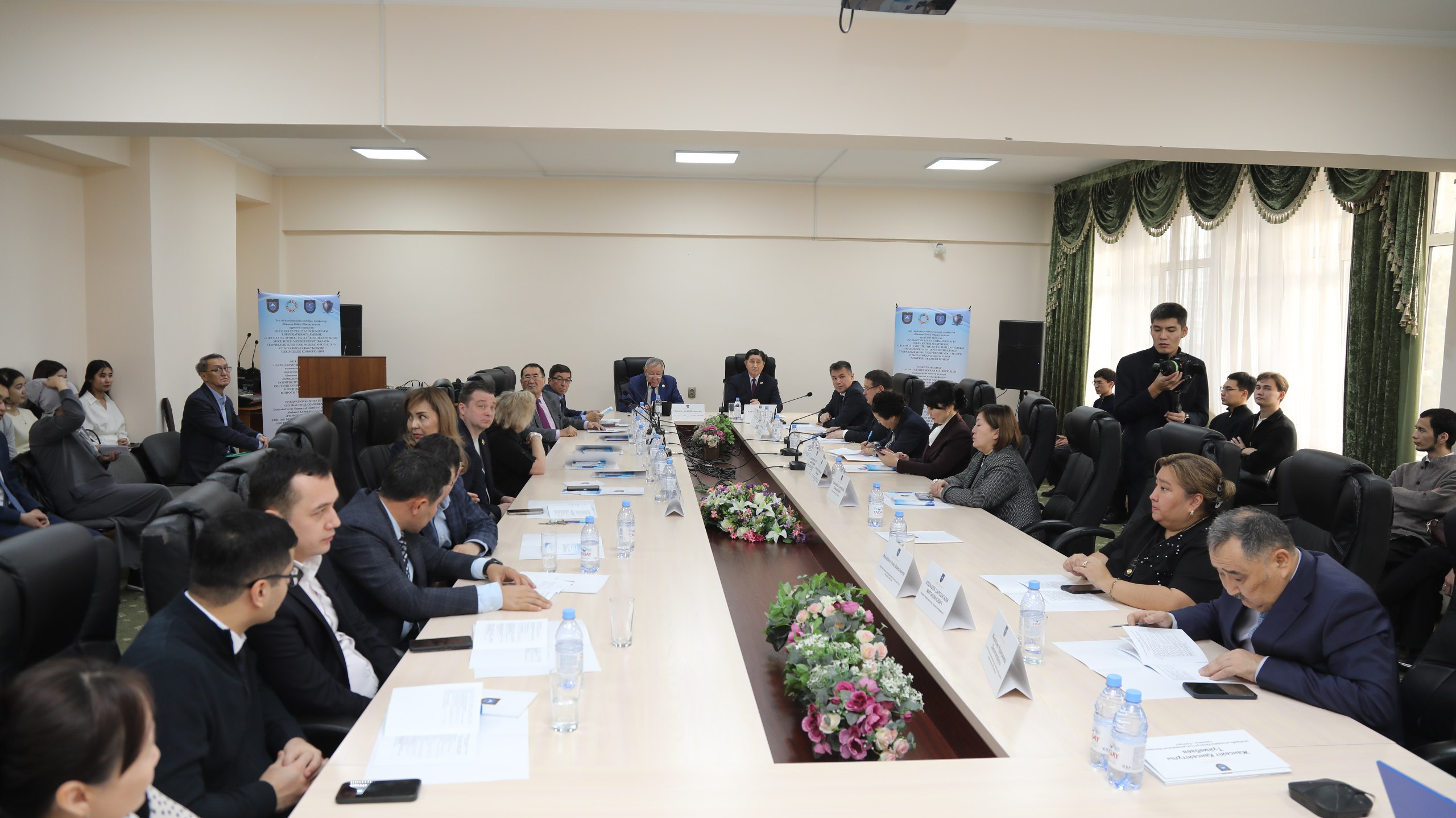I have a proposal to change the tax code

In his address to the people of Kazakhstan, the president of Kazakhstan Kassym-Jomart Tokayev specifically focused on the new tax code. The head of state said: "this document should form a completely new system based on the trust of taxpayers. It is very important to simplify the provisions of the code so that everyone does not perceive them differently, and make it equally clear to everyone who is economically active", - he noted.
It is very difficult to read the current tax code, it is incorrectly translated into Kazakh. Moreover, the correction is made more and more. More and more people use the Russian version of the tax code, without paying any attention to the Kazakh version. For example, the concept of "taxable income", which has been used for many years, has been changed to "taxable income" in the new code. Why? Translated out of ignorance of the difference between income and income or by a specialist with little economic literacy. Therefore, the tax code still needs to be analyzed in collaboration with professional scientists and specialist specialists.
The new tax code should become the main tool for implementing the socio-economic policy of the state, responding in a timely manner to the challenges of the current situation. It should also establish clear, clear and transparent tax administration procedures that improve fiscal policy, aimed at stimulating business activity, increasing investment attractiveness, expanding the tax base and strengthening the revenue part of the budget.
In this regard, I propose several changes and amendments to the adopted tax code as an expert specialist:
1.assignment of the status as a separate agency, separating it from the ministry in order to increase the competence of the Tax Service body as a "special body". It is also important that employees of the Tax Service Authority are provided with high salaries and special social packages. It is necessary to provide the Tax Service Authority with a special dress code, strengthen the requirements for the hired employee, increase responsibility, introduce the procedure for taking an oath as the most trusted representative of the state. The rights and obligations of a tax officer must be strictly protected by the state. This will raise the honor and prestige of the Tax Service Authority and prevent corruption.
2.measures to simplify the application of the tax code. In order for the tax system to be acceptable, it is necessary to compact, or rather to exclude meaningless interpretation from laws and norms. It should be an easy-to-understand and easy-to-use document for taxpayers, which will make it easier for the taxpayer to fulfill the tax obligation and increase the efficiency of the tax system. In this regard, the government should consider reducing the number of taxes and payments, eliminating excess tax benefits and, if possible, measures to reduce the tax rate.
3.it is necessary to exempt business entities from tax reporting, for which, upon registration in a certain tax regime, automatically deduct taxes and other mandatory payments to the budget from the funds received on their account. At the same time, the country uses a simplified taxation system, Kazakhstan has a relatively simple and understandable taxation system for entrepreneurs, the tax rate is relatively lower than in other countries, and many tax incentives and incentives are provided. To reduce tax evasion by taxpayers, the issue of simplifying special tax regimes, preventing the deliberate dismantling of organizations in order to reduce the tax burden should be considered in the new tax code. This stimulates entrepreneurial activity. Some tax incentives and benefits provided to businesses lead to an unfair distribution of the tax burden. Frequent changes in tax legislation can create uncertainty for business, requiring additional resources to adapt to it and implement it. Leads to the occurrence of an illegal scheme and tax evasion. This can lead to a significant financial burden on the taxpayer and inhibit foreign investment in Kazakhstan.
4.elimination of the cash payment system in the country. Full transition of taxpayers to a cashless payment system. This will increase the replenishment of the budget revenue source in the government on the basis of improving tax administration and reduce tax evasion.
5. measures to digitalize Tax Administration. The use of modern technologies will further improve the efficiency of tax administration in Kazakhstan. Also, as a result of digitalization of tax reporting, card files, payment systems, it will reduce paperwork, save time and make the data more accurate. Facilitates the submission of documents and payment of taxes for taxpayers and contributes to compliance with the legislation. When taxpayers file and pay taxes online, send electronic tax receipts and notifications, this will strengthen the activities of the digital tax platform. It is necessary to strengthen tax law enforcement and intensify control. The execution of tax payments and the determination of tax evasion must impose severe penalties for tax evasion, including fines and penalties, interest and criminal charges.
6.ensuring transparency in tax policy. Transparency strengthens trust between taxpayers and the government. Lack of transparency can create opportunities for corruption and undermine compliance with tax legislation. Tax data must be publicly available. Tax statistics, i.e. tax revenues and tax rates and the number of taxpayers, must be published. It is also necessary to provide specific explanations for taxpayers on how tax revenues to the budget are used for the benefit of the country and for what purposes.
7.to give the Tax Service Body special competence in order to improve the compatibility between state institutions, that is, to have access to information and information from the entire body. Lack of coordination leads to duplication of efforts, confusion among taxpayers and inefficient use of resources. The Tax Service body should work closely with the ministries of Finance, Justice, economy and other government agencies to ensure compliance of Tax Policy and administration with the economic and social goals of the country.
8.optimal combination of direct and indirect taxes. The optimal combination of direct and indirect tax in Kazakhstan is a complex task that requires careful accounting of various economic factors. Personal income tax is charged on the income of an individual, corporate income tax on the income of a legal entity. Value Added Tax and excise tax are levied as indirect taxes on the provision of goods and services at the point of sale. In order to effectively combine these two types of taxes, the authorized bodies must balance the need for income in order to promote economic growth and social well-being. Direct taxes are used to redistribute wealth and reduce income inequality, while indirect taxes are used to generate income and stimulate consumption. It also promotes sustainable economic growth and Social Security through the use of these two types of taxes, as well as being a source of income necessary to finance public services and programs.
9.introduction of the progressive income tax rate. The introduction of a progressive tax rate on individual income and personal income tax in Kazakhstan will achieve several potential results: first, on the basis of the progressive tax system, high-income persons pay a large percentage of their income, and low-income persons pay a small percentage of their income in the form of taxes. This leads to income equality because individuals with more wealth contribute a greater share of their resources to the government's income; second, it encourages people with higher incomes to invest or create new businesses. This will have a positive impact on economic growth and the emergence of new jobs in the country; thirdly, the consequences of the introduction of the progressive tax system in Kazakhstan will depend on many factors, including the specific tax rate and limit values, the economic situation in the country and the government's ability to effectively implement and manage the new system.
Galymzhan ESKARAYULY,
Finance and accounting head of the Department, candidate of Economic Sciences, Associate Professor
Other news


